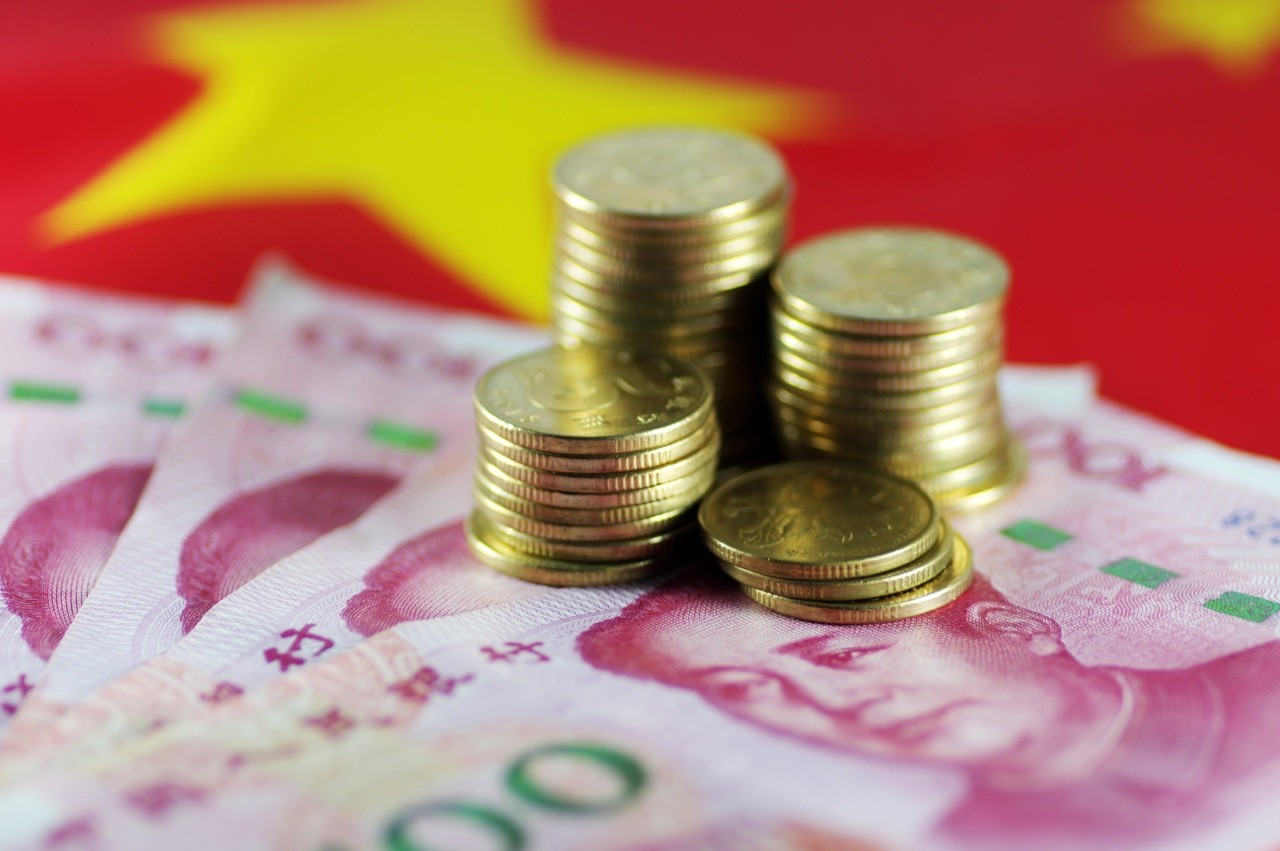


(File photo)
BEIJING, June 27 (Xinhua) -- Chinese government has always attached great importance to the management of government debt, and has established a standardized borrowing and financing system for local governments, according to a senior official with the National Audit Office (NAO).
Mechanisms such as quota management, budget management, risk disposal and regular supervision are being improved, and the momentum of government debt growth has been effectively reined in, the official pointed out.
Audit in recent years shows that overall risk of China's government debt is under control, and the good momentum of steady economic growth is maintained.
The current audit which focused on the 2016 situation reveals that, since 2015, following the standards set in an effort to regulating channels for local government borrowing, local government bonds have become the major channel of local borrowings, and the management of borrowing, lending and repayment has been increasingly standardized, with its structure continuously being optimized.
To find and solve problems, the NAO selected and audited cities and counties in 16 provinces where government debts increased considerably.
Although there was an 87 percent growth in debt balance that the local governments have committed to repay with public funds, and some counties and the western region with comparatively smaller debt balances in previous years saw their debt balances more than doubled, the average government debt ratio (the debt balance to be repaid with public funds by government divided by the comprehensive financial resources of the same government) in these regions reached 70 percent.
Compared with the government debt ratio of other major economies, this is still relatively low. Meanwhile, a large part of the newly increased debt took shape as the local government financing vehicles continued to implement the loan contracts signed in previous years or renewed contracts in accordance with the framework agreements since the implementation of the new Budget Law.
Moreover, those debts have all been used for projects to develop social undertakings and improve people's livelihood and have become effective assets, which help the sustainable development of local society and economy. The Chinese government has established a regular local government debt monitoring mechanism, and has strengthened accountability over irregular borrowings.
Audit findings in recent years show that relevant departments and local governments have conscientiously adhered to the general work guideline of seeking progress while maintaining stability.
They strengthened efforts in streamlining administration and delegating more powers to lower-level governments, accelerated economic growth model shift and economic restructuring, sped up the revitalization of idle funds and coordinated use of financial resources, promoted supply-side reform and implemented tasks of cutting overcapacity, destocking, deleveraging, lowering costs and strengthening weak areas, and steadily improved public services and capacity of safeguarding people's livelihood.
With good momentum for growth, progress has been achieved and stability ensured in economic development. The audit results of the state-owned enterprises (SOEs) show that state owned assets management and SOE reform are further deepened, transformation and upgrading of relevant SOEs are accelerated, and industrial layout optimized.
The SOEs have been increasing income and decreasing expenditure, reducing costs and improving performance, promoting the disposal of inefficient assets, with their competitiveness and capability remarkably enhanced.
The inflated revenues of 200.16 billion yuan (29.29 billion U.S. dollars) and profits of 20.295 billion yuan of 18 SOEs revealed in the audit report were accumulated over the years, accounting for 0.8 percent and 1.7 percent respectively of their revenues and profits of the same period, the official pointed out.
Most of the problems revealed by audit have been rectified and the rectification results have been disclosed to the public, and those held accountable for wrongdoings have received severe punishments, the official added.
 Fire brigade in Shanghai holds group wedding
Fire brigade in Shanghai holds group wedding Tourists enjoy ice sculptures in Datan Town, north China
Tourists enjoy ice sculptures in Datan Town, north China Sunset scenery of Dayan Pagoda in Xi'an
Sunset scenery of Dayan Pagoda in Xi'an Tourists have fun at scenic spot in Nanlong Town, NW China
Tourists have fun at scenic spot in Nanlong Town, NW China Harbin attracts tourists by making best use of ice in winter
Harbin attracts tourists by making best use of ice in winter In pics: FIS Alpine Ski Women's World Cup Slalom
In pics: FIS Alpine Ski Women's World Cup Slalom Black-necked cranes rest at reservoir in Lhunzhub County, Lhasa
Black-necked cranes rest at reservoir in Lhunzhub County, Lhasa China's FAST telescope will be available to foreign scientists in April
China's FAST telescope will be available to foreign scientists in April "She power" plays indispensable role in poverty alleviation
"She power" plays indispensable role in poverty alleviation Top 10 world news events of People's Daily in 2020
Top 10 world news events of People's Daily in 2020 Top 10 China news events of People's Daily in 2020
Top 10 China news events of People's Daily in 2020 Top 10 media buzzwords of 2020
Top 10 media buzzwords of 2020 Year-ender:10 major tourism stories of 2020
Year-ender:10 major tourism stories of 2020 No interference in Venezuelan issues
No interference in Venezuelan issues
 Biz prepares for trade spat
Biz prepares for trade spat
 Broadcasting Continent
Broadcasting Continent Australia wins Chinese CEOs as US loses
Australia wins Chinese CEOs as US loses